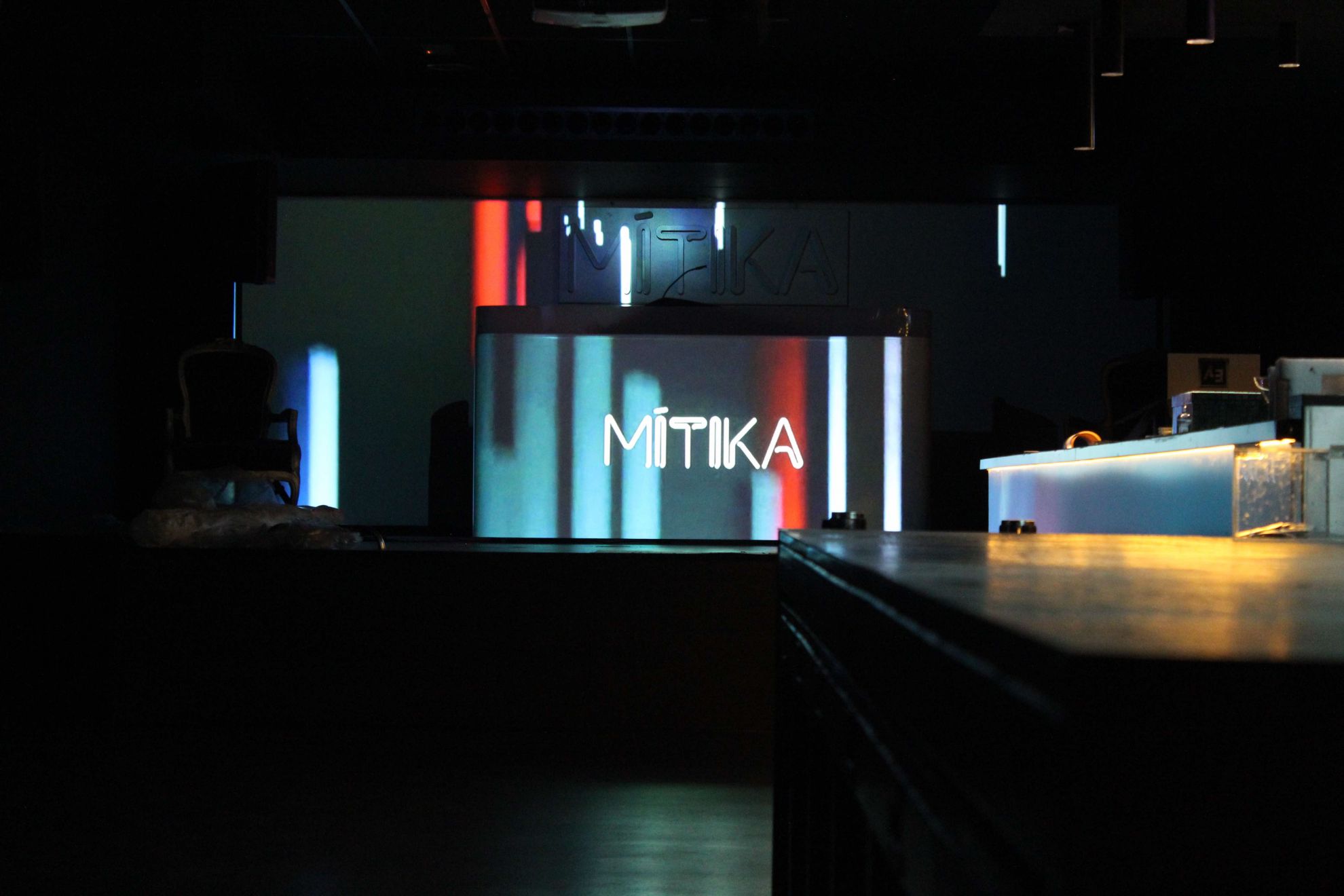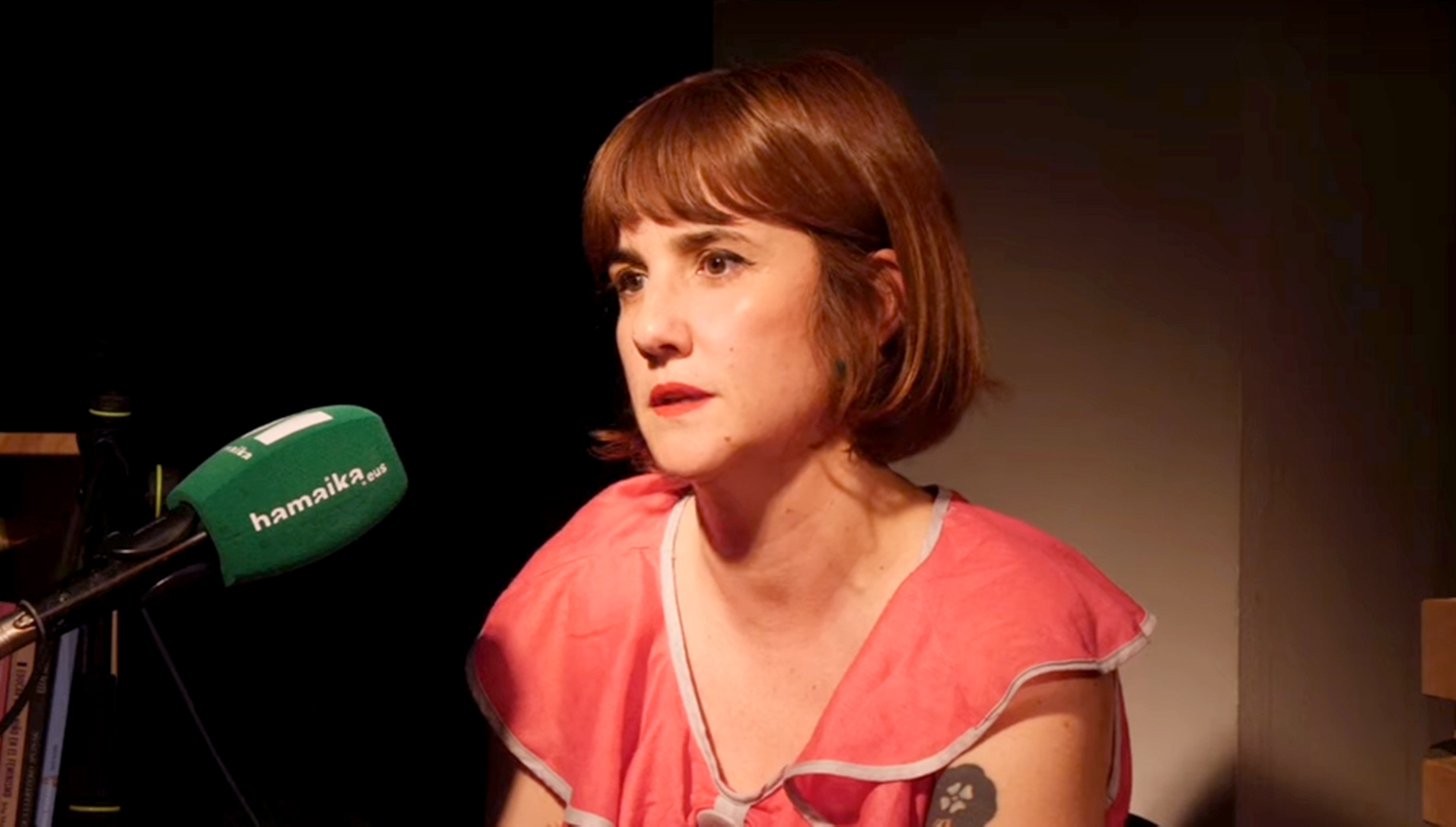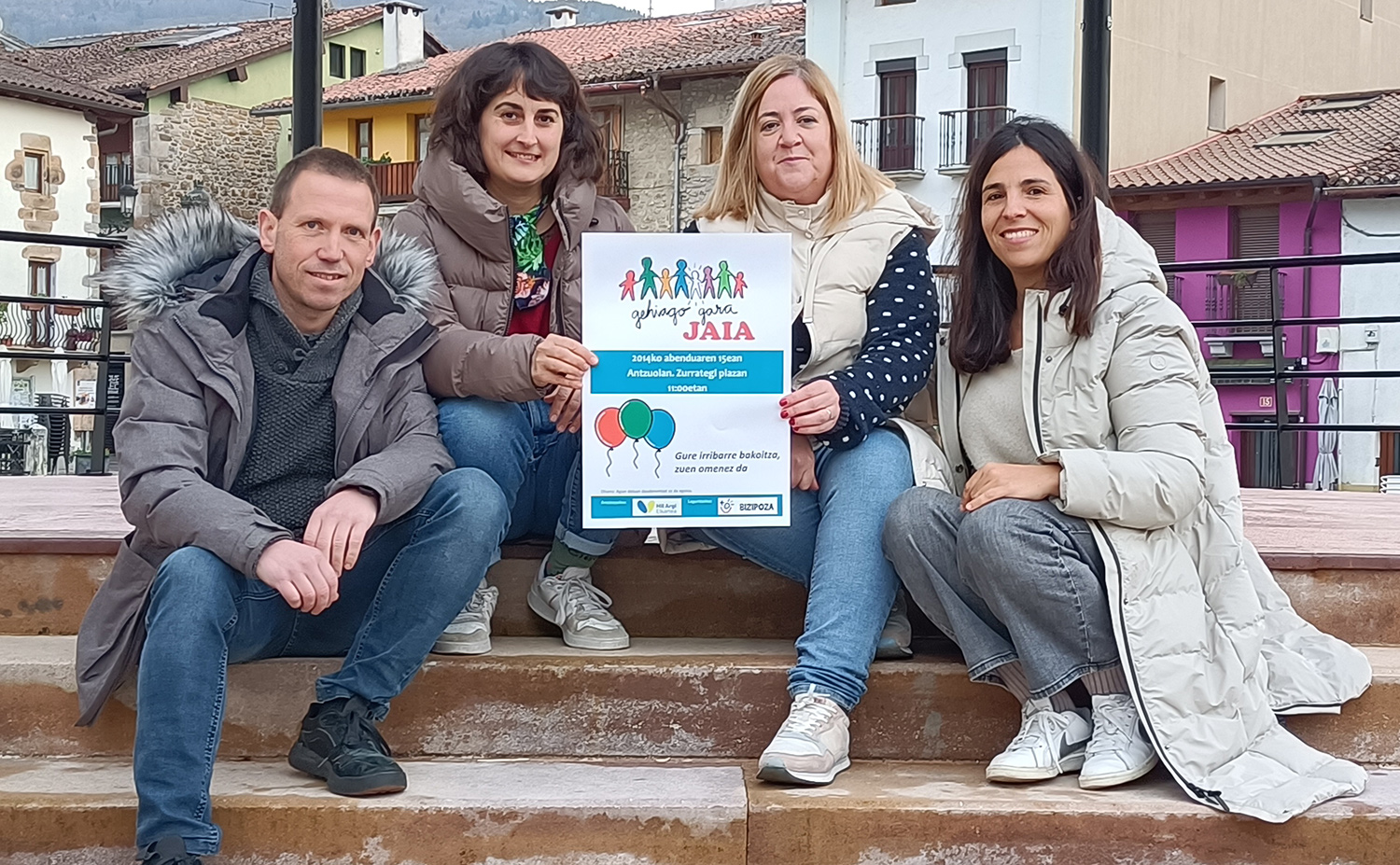The cemetery of Hernani, second of Euskal Herria, will offer a place for children who died at birth or shortly thereafter.
- Perinatal death is the death of a baby, a newborn baby or a child of a few days; on Sunday a place will be opened for them in the Hernani cemetery, “so that the parents who, as happened to us, have not been able to take the child home have a space to locate him and live the grief process.”

These are the words of Hernaniarra Esti Zeberio. His experience led him to ask the City Hall of Hernani to, as in Derio, enable a space dedicated to perinatal death in the municipal cemetery. “The corpses will not be there, but symbolically where the parents will go.” He has also told us that it is a way to make the perinatal mourning look: “Perinatal death cannot live with the normality we would like to live, society encourages us to move forward and not feel what we have suffered, but because with that child we have been less time does not mean that it has done us less harm. We have lost a child and we have permission to do the grieving process.”
Life not alive 24 hours is not recognized
In the words of Zeberio, this new space has a third function: that public institutions recognize the existence of these children, because the law obliges the child to make a whole day alive to include it in the family book, and life that is not alive twenty-four hours is not recognized. “Accommodating these children in a public cemetery is a form of recognition.”
It is the second space of this kind in Euskal Herria and has claimed them more, but the ultimate goal should be “that each one can dismiss the child in his space of niches, pantheons, mountain trees … or in that the parents we want to bring the child from the hospital can take him with us, as with the rest of the deaths”.
"Because with this child we've been less time doesn't mean we've been less hurt. We've lost the child and we have permission to do the grieving process."
Hospital protocol deficiencies
Esti Zeberio also set out in the protocol of hospitals before perinatal death in the report published in ARGIA. Asked about this, points out that Esku Hutsa has channeled the issue with public institutions to, on the one hand, agree to a joint care instead of a protocol belonging to each hospital and, on the other, ensure an elaborate care process, “because in our case we detect many gaps that affect the process of subsequent grief and the pain that remains: being able to see the child, nursing attitude and midwives…”.
The new space they have built in Hernani has a white painted fence in which the stars are protagonists as a symbol. Whoever wishes to do so can write in the stars the name of their child, for which it is not necessary to request municipal permission, “because the objective is to facilitate the process to the people who need it”. It has a seat and a big star inside and Zeberio has made it clear: it is not only a space for the Hernaniards, it is an open space for everyone who wants to approach.
Opening Sunday
The opening will take place next Sunday, January 12, at 12:00. “It will be an opening open to families, in which children’s names can be placed in the moment or simply know the space.”
.jpg)
.jpg)
Soco Lizarraga mediku eta Nafarroako Duintasunez Hiltzeko Eskubidea elkarteko kidearen ustez bizi testamentuak heriotza duin bat eskaini eta familiari gauzak errazten dizkio.
Gertakariak igande egunsentian suertatu dira 5:00ak aldera Gasteizeko Mitika diskotekan. Hildako pertsona 31 urteko gizon bat da, eta lurraren kontra buruarekin hartutako kolpe baten ondorioz hil da, antza atezainak kolpe bat eman ostean.
These were my last words when we left, held hand in your deep breathing sleep. Your heart stayed forever without a special, simple, dignified pain. As you want and demand. How we want and respect.
Already a month before the arrival of winter, the last days of the longest night,... [+]
First of all, we wish to extend our condolences to the family and friends of the woman killed in early August.
The people of Gaintxurizketa are fed up with the disillusionment of the administration and those responsible.
Those of us who live in the neighborhood are forced to... [+]
Paris 1845. The Labortan economist and politician Frédéric Bastiat (1801-1850) wrote the satire Pétition des fabricants de chandelles (The Request of the Sailing). Fiercely opposed to protectionism, he ironistically stated that the sailing boats asked for protection against... [+]










.jpg)








